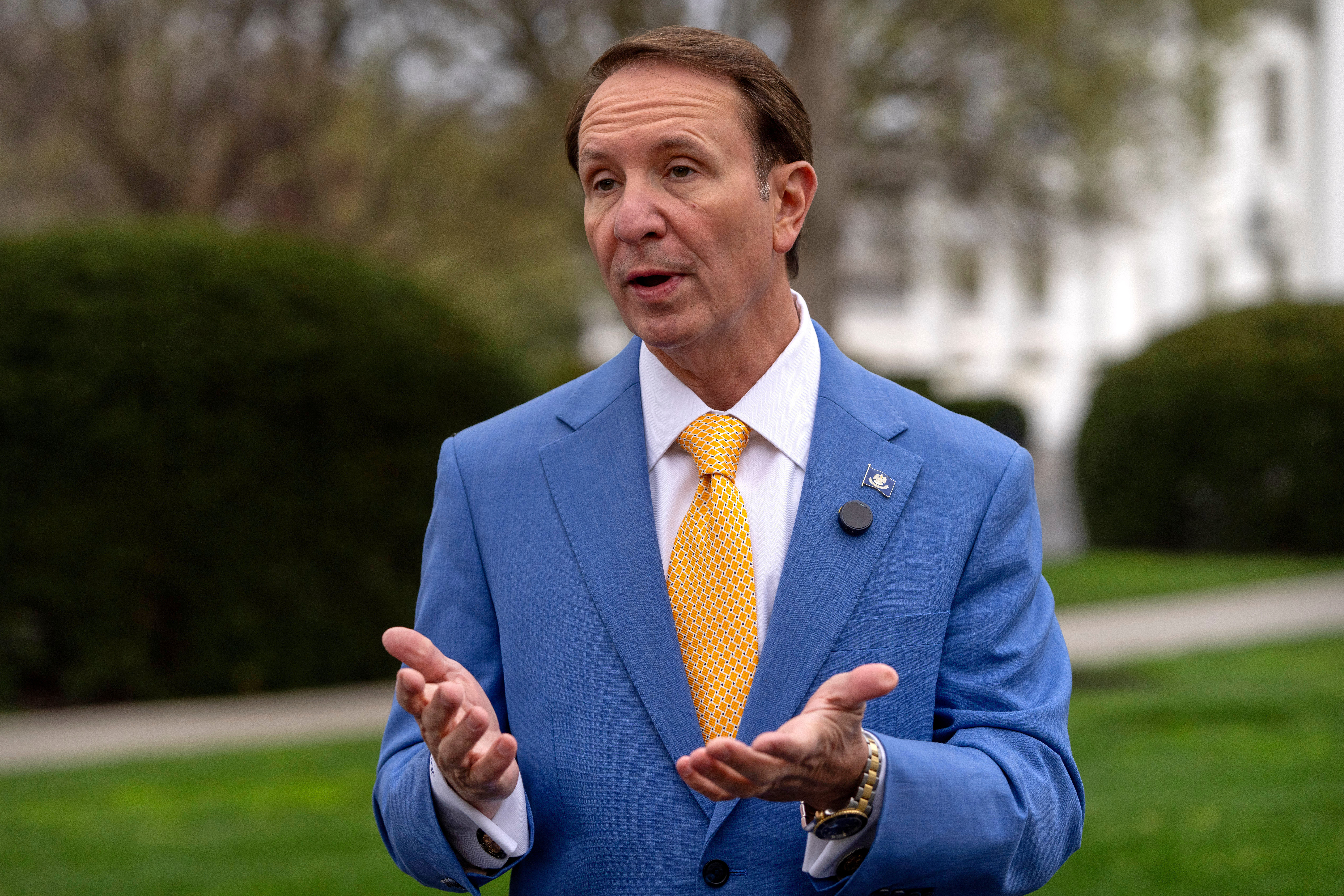Since 1983, all around the U.S., Dr. Martin Luther King Jr. has been honored on the third Monday of January.
But what if I told you the bill to make MLK Day a reality took more than 15 years to make it to the president's desk?
"Dr. Martin Luther King, the apostle of nonviolence in the civil rights movement. has been shot to death in Memphis, Tenn." (Via CBS)
Just four days after King's assassination, the idea of observing his legacy nationwide was introduced by Democratic Congressman John Conyers of Detroit. (Via YouTube / JCMI14)
The King Center in Atlanta was the first to honor King annually starting in January 1969, but Conyer's federal holiday legislation would lay dormant until 1971.
That year, the Southern Christian Leadership Conference, which was previously led by King, collected a whopping 3 million signatures to petition for Conyer's bill and dropped them at the Capitol. This was the first real nationwide push for the holiday. (Via History Channel)
However, between 1971 and 1979, the bill didn't go anywhere, languishing in Congress without the support needed to make it through the House, despite support for the holiday picking up steam around the country.
Between 1970 and 1980, Massachusetts, Connecticut, New Jersey and Illinois all made Martin Luther King Jr. Day a statewide holiday.
In 1979, the idea of a national holiday was re-energized with the support of President Jimmy Carter, who called on Congress to pursue the bill. (Via C-SPAN)
Following President Carter's public support, Coretta Scott King — Dr. King's wife — testified before Congress several times between 1979 and 1980 urging the bill's passing. Legendary artist Stevie Wonder also released "Happy Birthday," which became a rallying cry of support for the potential new holiday. (Via Library of Congress, BBC)
And that's when the opposition began to fight back, led mostly by Republican Sens. John P. East and Jesse Helms of North Carolina.
After the bill passed through the House by an overwhelming majority, Helms spoke out against the fallen civil rights leader. Helms claimed King associated with communists and engaged in casual sexual relations outside of his marriage. (Via Wikimedia Commons / U.S. Senate Historical Office)
Time writes, "Arguing that any person opposing a King holiday would automatically be dubbed a racist, Helms urged the Senate not to be bullied into elevating King to 'the same level as the father of our country."
Despite these efforts, the bill to make Martin Luther King Jr. Day a federal holiday was signed into law by President Reagan in November 1963. (Via ABC)
But the debate over the law continued after the bill's signing. South Carolina became the last state to sign a bill recognizing Dr. King's holiday in 2000.











